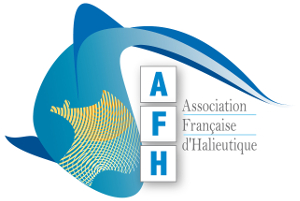Marine ecosystems generate goods and services that benefit people locally and also far from where the ecosystem resides. When an ecological output is not a « final good » it may generate added value on the way from sea to final consumption.
A grouper caught in the Bahamas may create income for the local fisher, profits for the producer, shipper, and market or restaurant, and a nutritional and consumer surplus benefit for the diner. Similarly, one ecological output (e.g. a fish) may be valued for different uses (e.g. a fish may have value as forage for whales or as food on the table) or may yield different values for the same benefit to different people. For instance, the carbon captured and stored by mangroves in Indonesia generates very different values for Indonesians, Norwegians, and Somalis.
A grouper caught in the Bahamas may create income for the local fisher, profits for the producer, shipper, and market or restaurant, and a nutritional and consumer surplus benefit for the diner. Similarly, one ecological output (e.g. a fish) may be valued for different uses (e.g. a fish may have value as forage for whales or as food on the table) or may yield different values for the same benefit to different people. For instance, the carbon captured and stored by mangroves in Indonesia generates very different values for Indonesians, Norwegians, and Somalis.
The Mapping Ocean Wealth (MOW) and the University of West Brittany will collaborate to develop an approach to quantify and map the temporal, spatial, and distributional dimensions of marine ecosystem services that generate extra-local benefits (i.e. benefits that are enjoyed far afield from where the ecosystem is). The post-doc will work with Dr. Linwood Pendleton to create a scientifically rigorous approach that will help to translate maps of ecosystem service stocks and flows (developed by MOW) to ecosystem service values, with a focus on extra-local values. The post-doc also will work to: identify international partners that are undertaking research efforts that could supply data to MOW in order to operationalize these data in maps of ocean wealth, work with selected partners to secure data, and prepare the data for inclusion in the MOW mapping system.
Qualifications:
The ideal candidate will have will have a strong understanding of ecosystem services, valuation methods, and environmental economics. Strong spatial data and analysis skills will be a plus.
Fluent in English, with strong French language skills a plus.
Terms of Appointment:
The post doctoral appointment is for one year with the possibility of renewal depending on funding.
The successful candidate will be a full-time employee of the University of West Brittany and is expected to reside in or near Brest, France. The post-doc may also travel to work with the Marine Spatial Ecology Lab (MGEL) at Duke University.
For more information, please contact Dr. Linwood Pendleton (linwood.pendleton@duke.edu)
